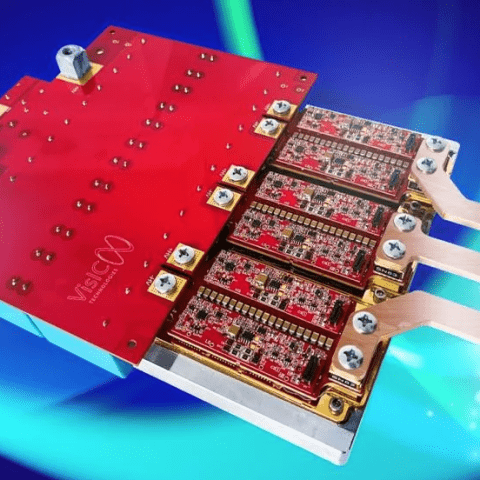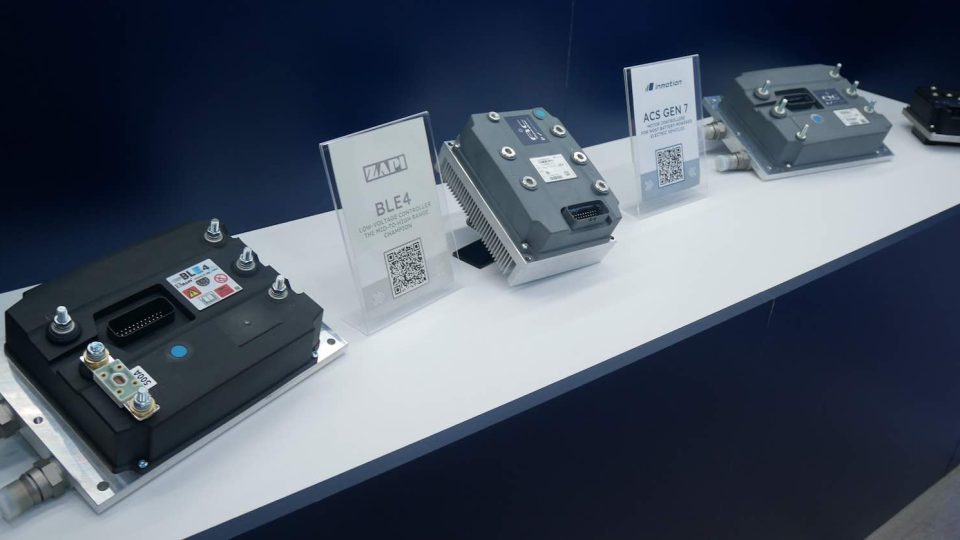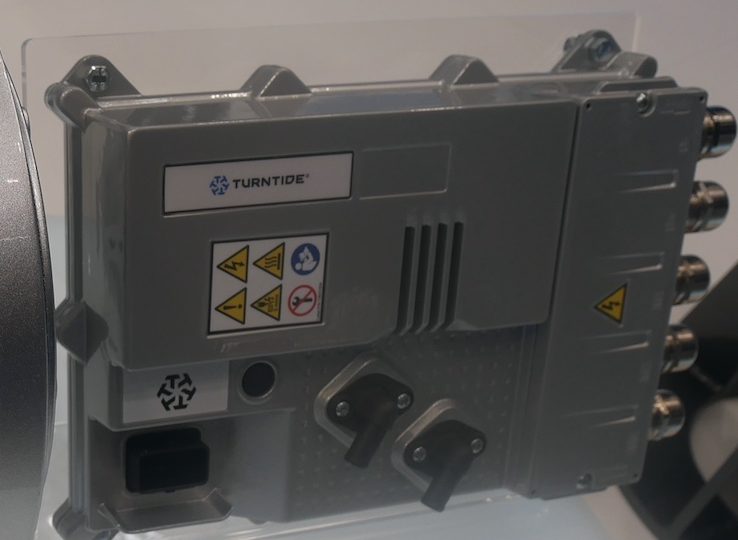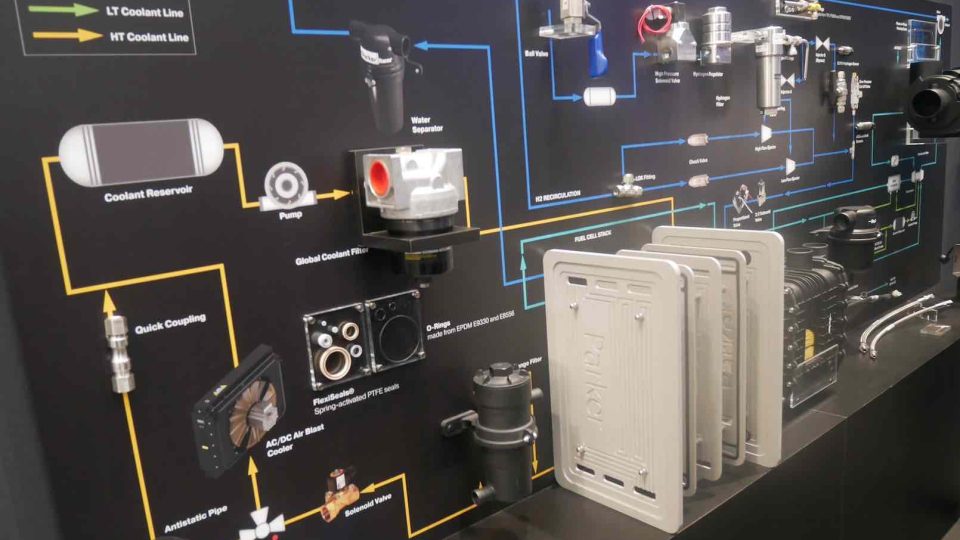VisIC Technologies and AVL aim to achieve over 99.6% efficiency in GaN Inverters for EVs
VisIC Technologies, a global leader in gallium nitride (GaN) technology for electric vehicles (EVs), and AVL announced a new partnership aimed at advancing high-efficiency GaN inverter technology for the EV market.

VisIC Technologies, a global leader in gallium nitride (GaN) technology for electric vehicles (EVs), and AVL, a leading development partner for innovative software and hardware solutions, announced a new partnership aimed at advancing high-efficiency GaN inverter technology for the EV market. This collaboration will provide automotive OEMs with power semiconductors that exceed silicon carbide (SiC) performance, while offering lower costs at device and system level.
In a recent test conducted at AVL’s state-of-the-art facilities in Germany, an inverter based on VisIC’s GaN-on-Silicon D³GaN components proved an outstanding performance. Mounted on AVL’s e-motor test bench and controlled by AVLs SOP eDrive controls algorithm, the system achieved a benchmark efficiency level of 99.67% at 10kHz, stunningly climbing to over 99.8% efficiency at 5kHz – which outperforms comparable SiC inverters by up to 0.5% and is cutting energy losses by more than 60%. This breakthrough positions the AVL and VisIC partnership as a compelling option for automakers striving to balance high efficiency with affordability in EV design. It is worth noting that VisIC’s GaN-on-Silicon power devices require significantly less energy and therefore CO2 during the chip production process compared to SiC. They can be produced in widespread 200mm and 300mm silicon foundries, which makes scaling production a straightforward process.
“With AVL, we’re making cutting-edge GaN inverter technology accessible for even more electric vehicles, establishing a new benchmark for efficiency and cost-effectiveness in the industry,” said Gregory Bunin, CTO of VisIC Technologies. “Our partnership reflects a shared commitment to driving EV innovation that’s both impactful and accessible, bringing GaN’s unparalleled performance to a broader market.”
“Working with VisICs new GaN power module for high-power systems enables us to offer our customers cutting-edge solutions that are optimally aligned with the requirements of next-generation drive systems. These include, among other things, high power density combined with reduced overall system costs,” addedThomas Frey, Head of Segment E-Mobility & E-Drive System at AVL Software and Functions GmbH. “Together, we can significantly advance e-mobility and help reduce the carbon footprint.”
Looking ahead, AVL and VisIC plan to expand their GaN-on-Si platform to include 800V GaN power modules, ensuring that their technology remains scalable and adaptable to the needs of the growing BEV market. This collaboration places AVL and VisIC Technologies at the forefront of GaN inverter technology, establishing new standards for energy efficiency and performance across the EV industry.









